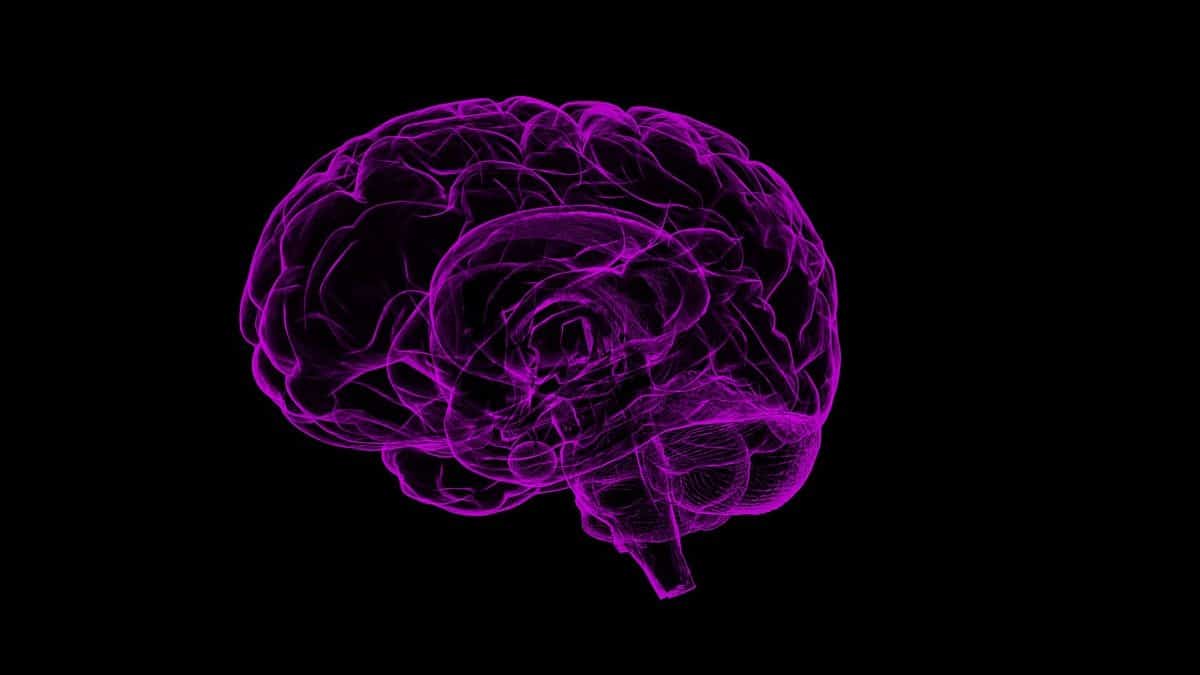Neurologists who studied more than 40 coronavirus patients in the UK have found that even those who recovered or had relatively mild symptoms may in fact have had serious and potentially fatal brain disorders.
Medical personal would likely have been unaware of this, or the fact that the disorders had the potential to kill the patients.
The findings are revealed in a study published on Wednesday in Brain, a UK medical journal, which involved the monitoring of more than 40 COVID-19 patients in the Britain.
Neurological problem was sometimes the main symptom
The symptoms experienced by these patients varied from brain inflammation and delirium, through to nerve damage and stroke. The researchers said that, in certain instances, the neurological problem was the primary symptom, rather than the virus itself.
Scientists said the cause was a rise in a life-threatening condition known as ‘acute disseminated encephalomyelitis’, or Adem for short.
“A dozen patients had inflammation of the central nervous system, 10 had brain disease with delirium or psychosis, eight had strokes and a further eight had peripheral nerve problems, mostly diagnosed as Guillain-Barré syndrome, an immune reaction that attacks the nerves and causes paralysis. It is fatal in 5% of cases,” the London-based Guardian newspaper reported.
Scientists have not seen this before in other viruses
Michael Zandi, a senior author on the study, noted: “We’re seeing things in the way Covid-19 affects the brain that we haven’t seen before with other viruses.”
“Biologically, Adem has some similarities with multiple sclerosis, but it is more severe and usually happens as a one-off. Some patients are left with long-term disability, [while] others can make a good recovery.”
Said the Guardian: “The cases add to concerns over the long-term health effects of Covid-19, which have left some patients breathless and fatigued long after they have cleared the virus, and others with numbness, weakness and memory problems.”
In one instance recorded in the study, a 55-year-old patient imagined that she saw lions and monkeys in her home. She would also repeatedly take her coat off and put it on. She improved once she was treated with appropriate medication.












